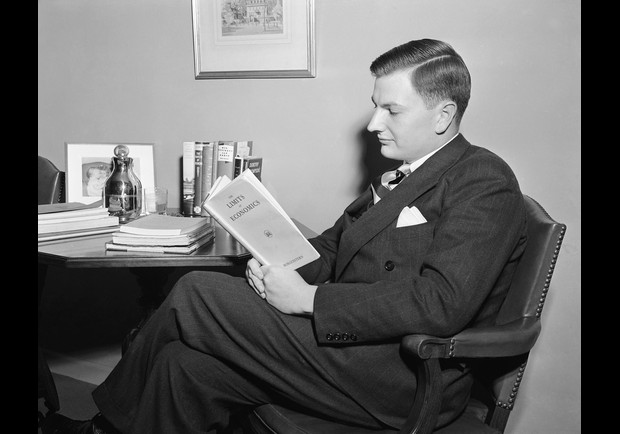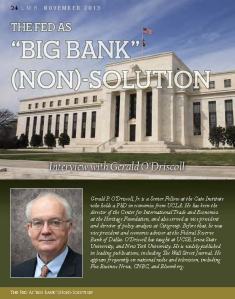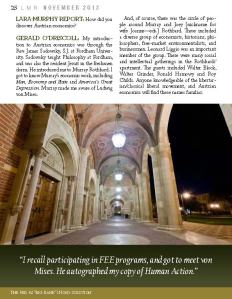A recent issue of The Economist had an article on monopsony and the “non-compete“ agreements that some lower-paid fast-food chain workers have had to sign as a condition of employment. On the whole, The Economist doesn’t like this because it supposedly holds down wages. The Economist is not alone in thinking this. Even noted economists Jason Furman and Alan Krueger have said in The Wall Street Journal: “There is no reason why employers would require fast-food workers and retail salespeople to sign a noncompete clause—other than to restrict competition and weaken worker bargaining power.” What Furman and Krueger are thinking is that these employees have no “trade secrets” to reveal to other firms.
Does this make sense?
The fast-food low wage case has little to do with trade secrets. In this situation the usual argument in favor of such agreements turns on the provision of general human capital. When a firm provides, at a cost, a skill highly specific to its own operations it need not worry that employees will leave and use that skill elsewhere. It cannot be so used. On the other hand, if the firm provides general training that can be used elsewhere it faces a problem. It incurred a cost to provide the skill but then, having acquired it, the employee offers his services elsewhere at a premium. She can do so because she is better equipped to hold the job than others who need costly training.
Is this then evidence that a non-compete agreement holds wages down? Hardly. If this becomes the usual case, the employer will not have the incentive to train the worker or, if he did train the worker, he would have an incentive to reduce the wage by the expected lost of value due to the employee leaving. There would then be lower wages than otherwise for the job. What if the minimum wage prevents this? In that case fewer employees would be hired at the minimum wage. What if the employers really “need” these workers? Then they might hire them at a loss for a while until they can reduce their need for such workers through computerization of the ordering process and other forms of mechanization. This is currently happening in response to rising minimum wages and the reducing costs of labor-substitution.
If fast-food and other such firms were truly monopsonies, then some of these adverse effects would not occur because wages would have been held down in the first place. But are they monopsonies? I find it difficult to see that. In the first place, the skills the employers are providing are general which means that they can be used in many places. If there weren’t many places to use these skills then the employers would not worry enough to have a non-compete requirement. Secondly, let’s take a closer look at what is being taught. For many teenage and young workers it is simply skills most of us take for granted: showing up on time, not staying up late the night before drinking or doing drugs, the proverbial learning the value of a dollar and so forth. Other skills may be related to fast-food preparation, operating equipment and even making sure that the purposes are added up correctly. (We are not dealing, by and large, with rich prep school kids.) There is no monopsony buyer of these basic skills. The case for employers holding down wages through non-compete agreements has not been made.
Postscript: (1) If schools were doing a better job of inculcating basic life skills perhaps there would be less need for non-compete clauses. (2) The monoposony argument is an old one. I remember this being discussed seriously in the 1960s and in articles dating back to the thirties and forties. At the time is was mainly to buttress pro-labor union positions. The only thing liberal about that was how “liberally” people used that tenuous argument.



